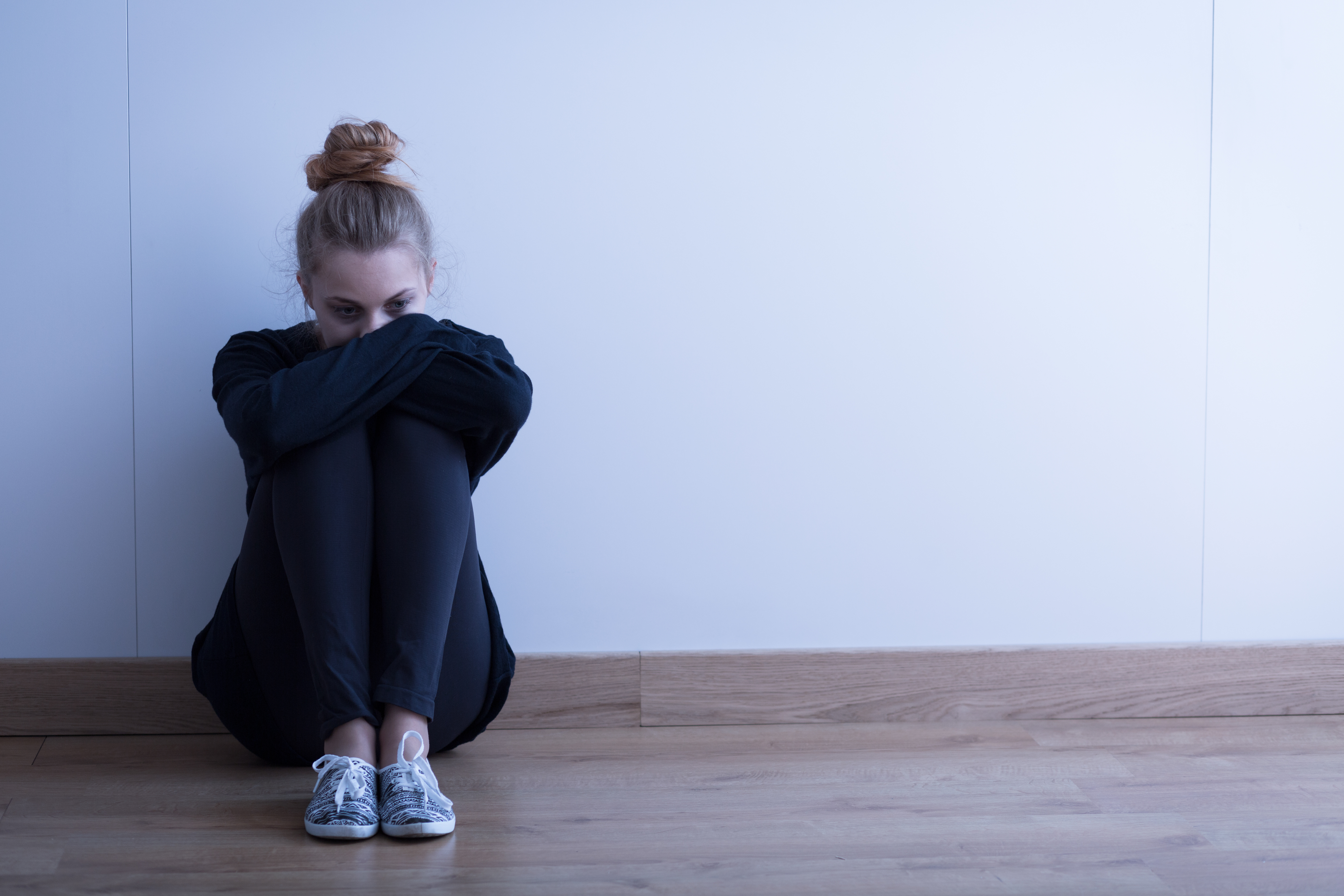
Lockdown Blues — Keeping on top of your mental health during quarantine
In a time when there is so much focus on physical health, mental health may be pushed to the wayside. With the whole world in isolation, the odds of suffering mentally, even if you have no previous conditions, are pretty high.
Fear, anxiety, depression, and stress are all completely understandable right now. The idea of the virus is scary, we’re all worried about protecting ourselves and our loved ones, there is sadness around the things we’re missing out on, and the total upheaval of our daily routines is a huge stressor.
Whether you’re feeling the strain or not, it’s a traumatic time for everyone. The first thing you must remember is that these feelings are totally normal. The second thing to know is how to deal with them in a healthy way.
Stay physically, not emotionally distant
Social distancing has physically cut us off from each other, but it’s important that you don’t stop socializing while you’re practicing social distance. It’s more crucial than ever to take time for human interaction, whether it’s bypassing a text for an actual phone call, having a drink over Zoom with your friends, or setting up a daily FaceTime session with your loved ones.
Keep moving
While no one is expecting you to emerge from quarantine twenty pounds lighter or totally ripped, it is important to take some time for exercise every day. Motivation may be low, but exercise will do more than improve your physical health, it will help boost your mental health as well.
There is evidence that exercise helps your brain ‘rearrange’ your stressful thoughts to help you towards a healthier way of thinking. In addition, exercising during the day can help you sleep better at night, and a good night’s sleep is absolutely essential to fighting stress and anxiety.
Get outside
So we can’t really go anywhere, which is the problem. But being quarantined doesn’t mean you should completely barricade your doors and draw the shades. Getting out of your house to take a walk or even just sit in the yard for a while can do wonders for your mental health. You should aim to take several small breaks throughout the day, and if the weather is good it’s beneficial to use that time to step outside.
Lack of sunlight has shown to be linked to conditions such as seasonal affective disorder, and while we’re quarantined it’s easy to let the whole day pass without getting outside at all. A walk, a short drive, or a half hour of outdoor relaxation will help your mood from going too dark.
Know when to ask for help
While these are all good guidelines for generally mental health, there may be situations that call for real intervention. If you’re feeling overwhelmed, too anxious to function, or severely depressed contact your doctor right away for outreach options. Most mental health facilities are doing sessions remotely, and if you’re feeling unstable it’s important to get evaluated as soon as possible.





